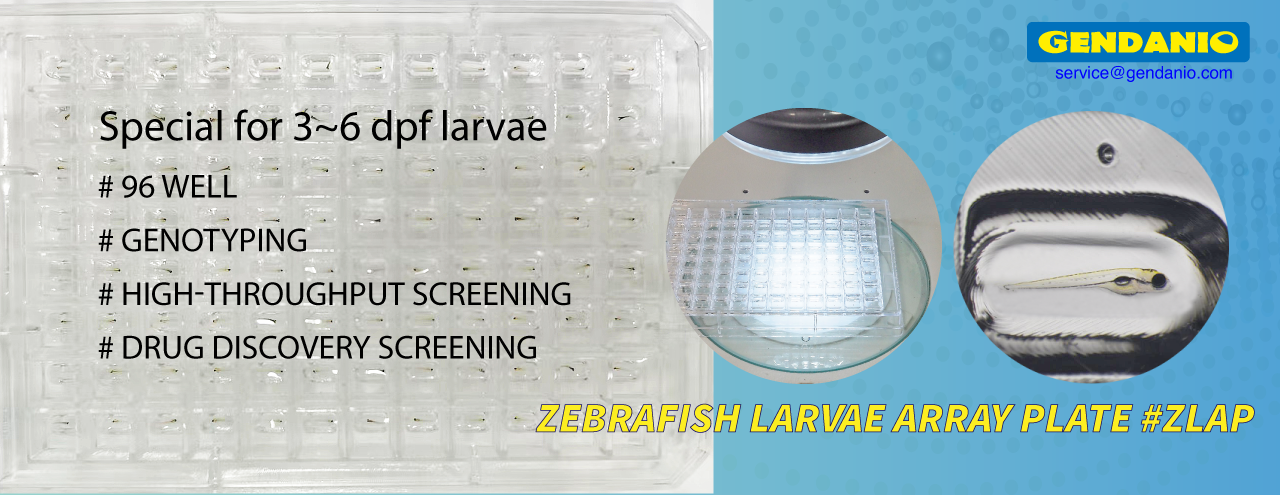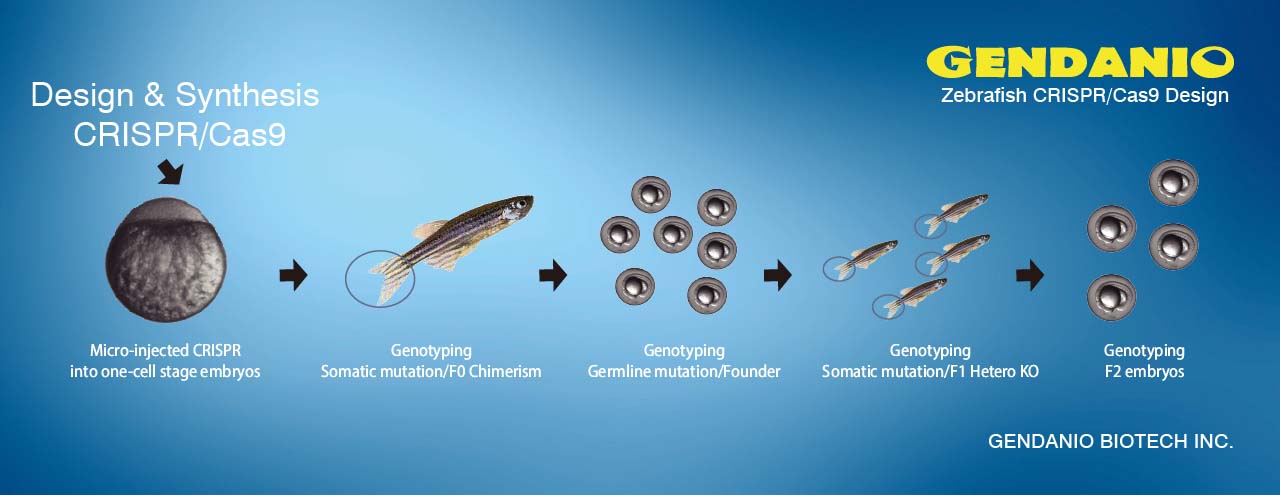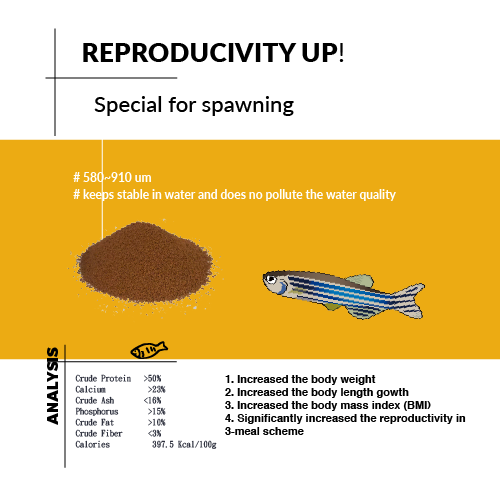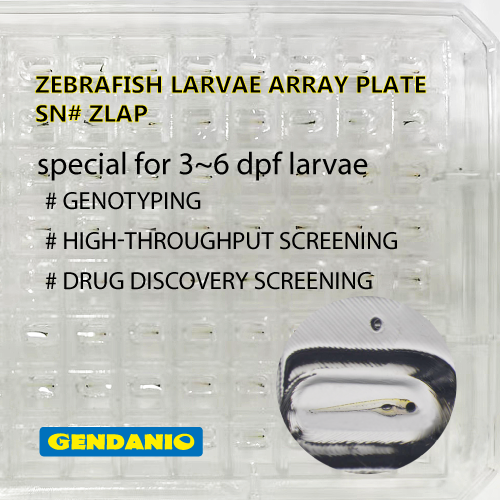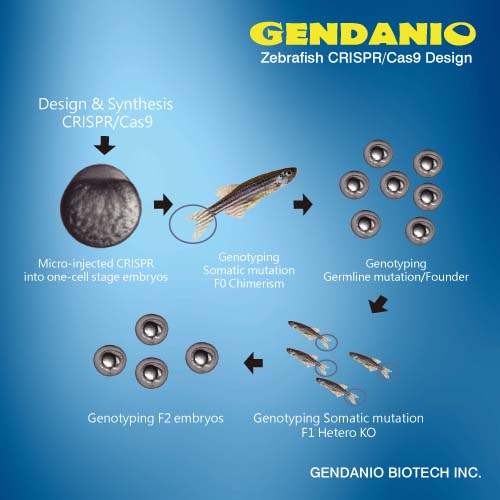ScienceDaily (Jan. 14, 2009) — New research sheds light on a common link between tumor formation and Costello Syndrome, an inherited developmental disorder in which patients have cardiac defects, mild mental retardation, and face-shape abnormalities. The study published in the journal Disease Models & Mechanisms (DMM), uses a zebrafish model to help explain a puzzling connection between Costello syndrome and cancer.
Costello Syndrome is one of several developmental disorders caused by mutations in a gene known as H-RAS. Additionally, mutations in H-RAS and the Ras family of genes are common in most human cancers. Thus, scientists are trying to determine how genetic mutations that activate H-RAS can cause a congenital illness as well as cancer . In this new study, Cristina Santoriello and colleagues investigate this mystery by expressing activated H-RAS in zebrafish, which are often used to study the developmental process. They found that the effect of mutant H-RAS in part depends on the timing and level of gene expression. Higher levels of H-RAS caused overabundant cell-growth, reminiscent of tumors. Furthermore, zebrafish expressing mutant H-RAS through development displayed hallmarks of the human Costello Syndrome, such as reduced body size, heart defects, and physical deformities.
This new model of Costello Syndrome can be used to learn more about this disease, particularly in regard to symptoms that worsen with age. Additionally, using this model to examine the developmental processes that control cancerous mutant H-RAS effects can potentially lead to novel cancer therapies.
The report was written by Cristiana Santoriello, Gianluca Deflorian, Federica Pezzimenti, Luisa Lanfrancone, Fabrizio d'Adda di Fagagna and Marina Mione of the European Institute of Oncology and the FIRC Institute for Molecular Oncology Foundation in Milan, Italy, and Koichi Kawakami of the National Institute of Genetics, Mishima, Shizuoka, Japan. The report is published in the January/February issue of a new research journal, Disease Models & Mechanisms (DMM), published by The Company of Biologists, a non-profit based in Cambridge, UK.
Source: ScienceDaily


